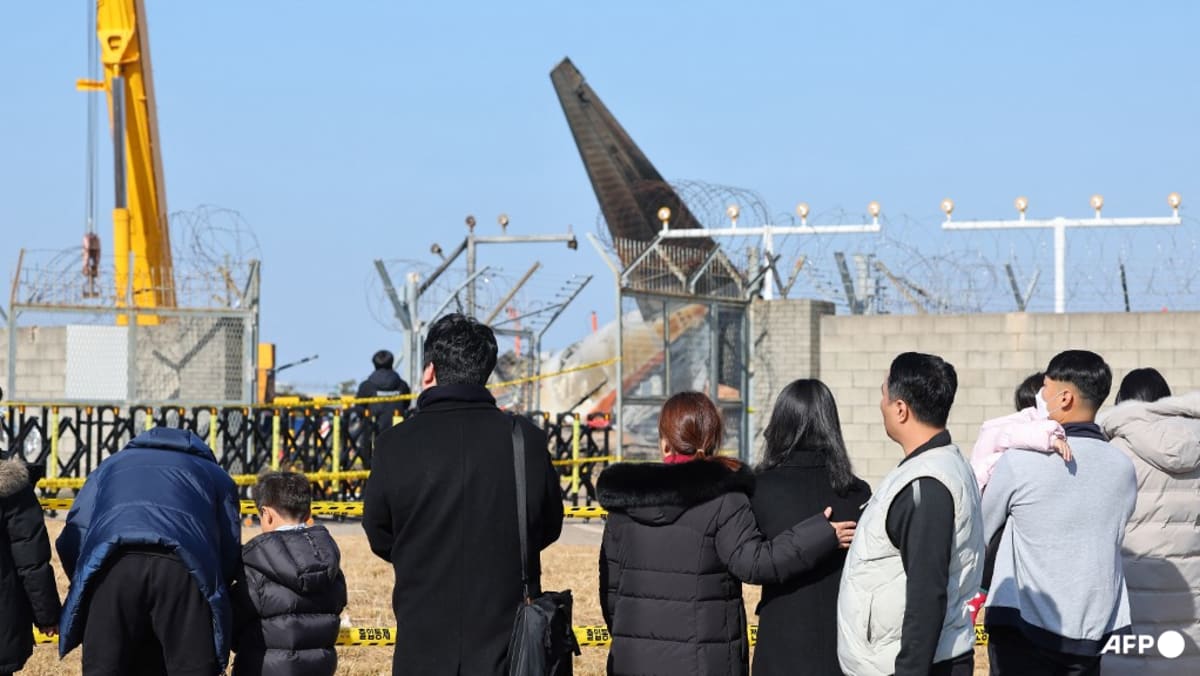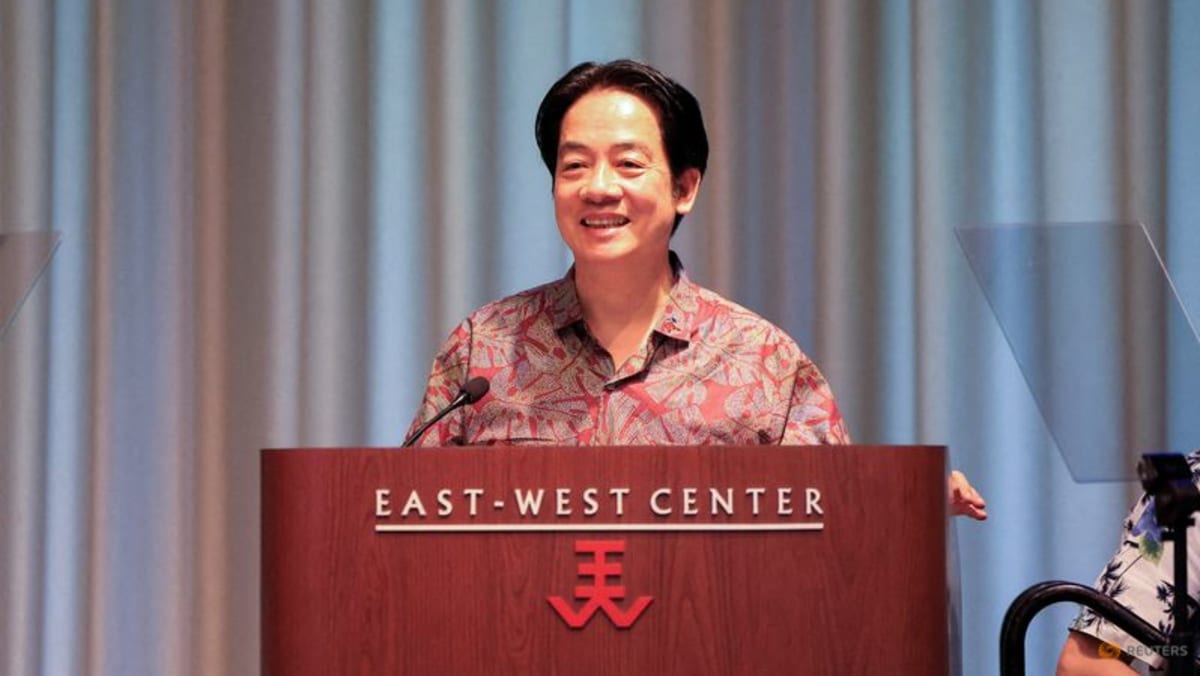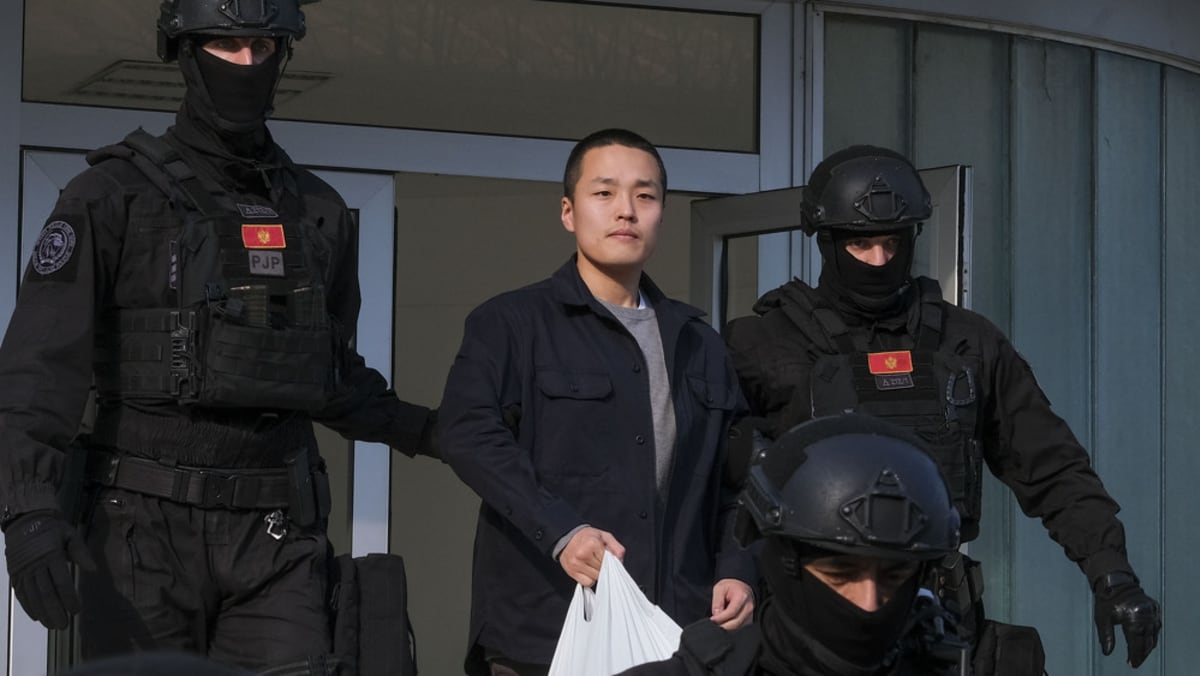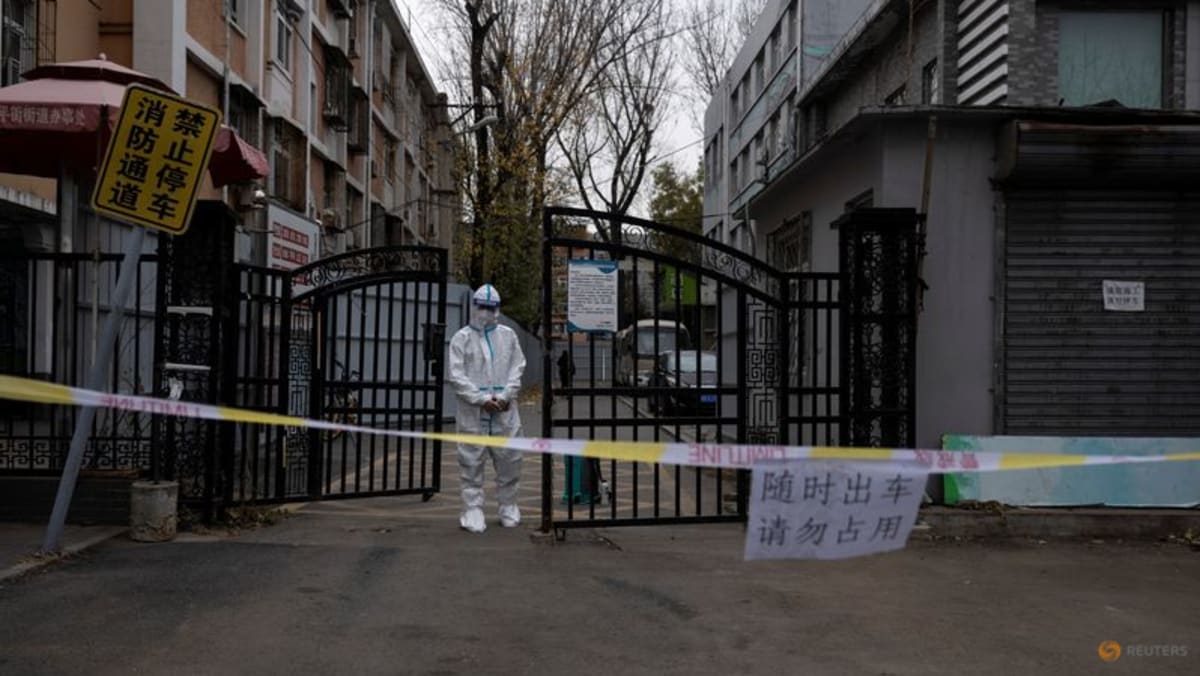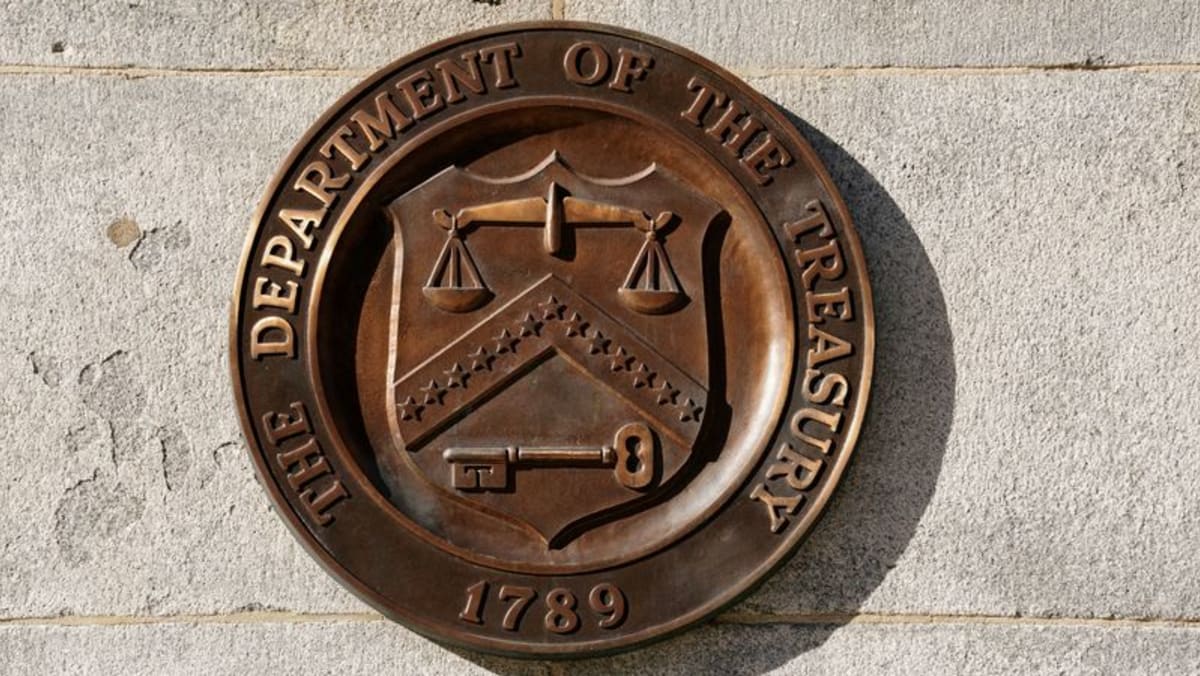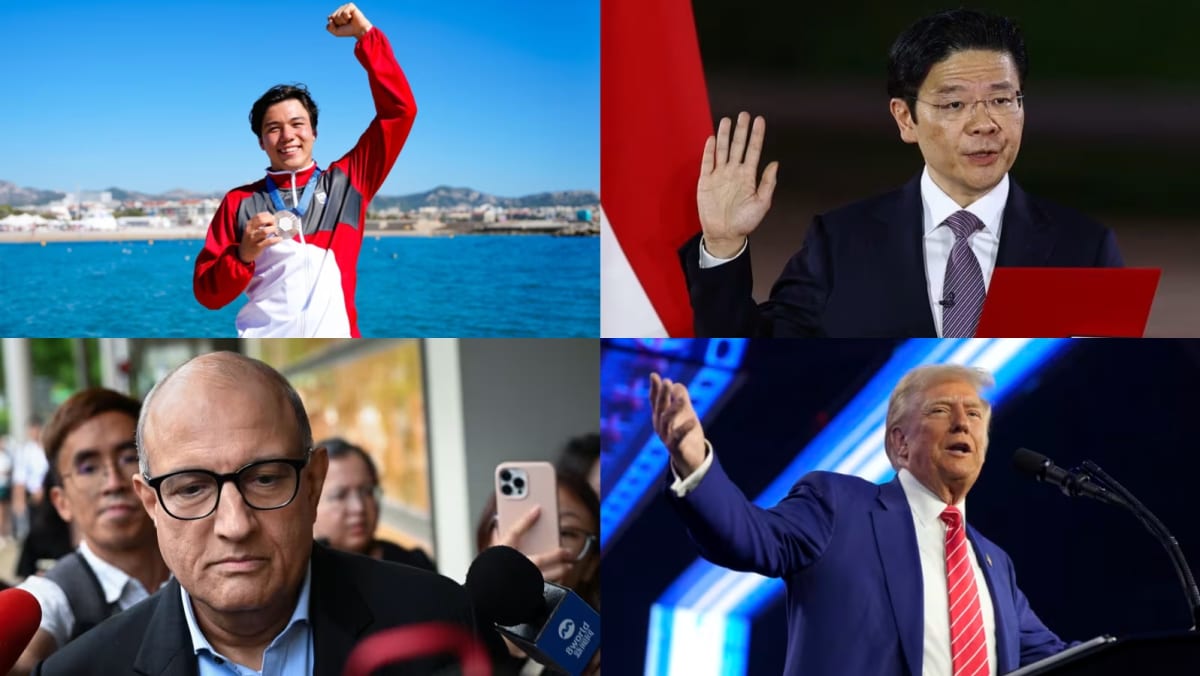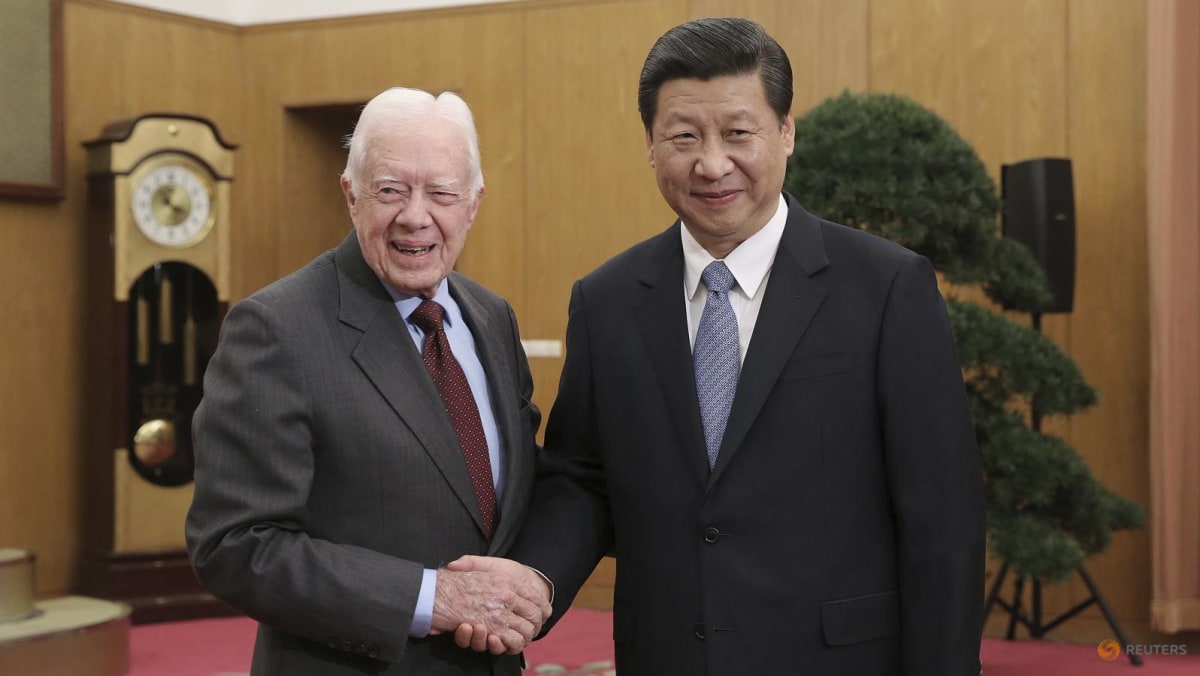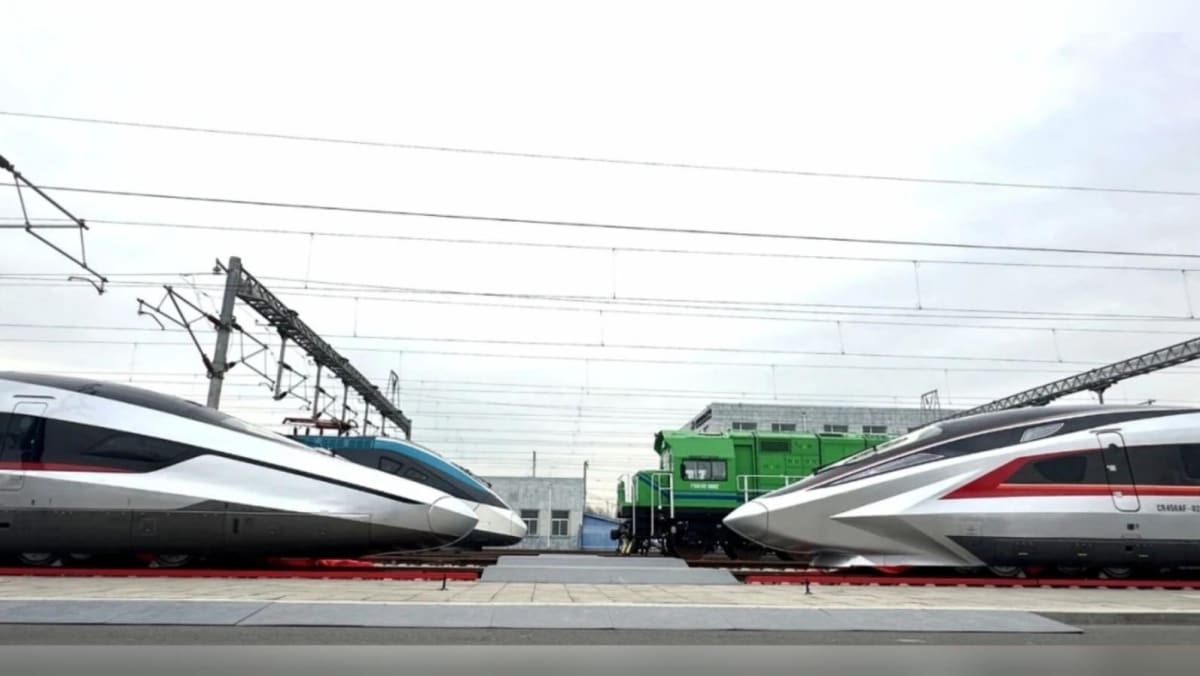Commentary: South Korea’s foreign policy on the ballot

PRESIDENT YOON’S DIPLOMATIC ENDEAVOURS
Analysts have warned that future political transitions could undermine Yoon’s diplomatic endeavours aimed at pooling resources and aligning policies with allies to counter provocations from Pyongyang and Beijing’s economic coercion and regional aggression.
The DPK’s leader and previous presidential nominee, Lee Jae-myung, has criticised the Yoon government for aggravating tensions with China and backing Ukraine in its war with Russia. He asserted that such actions harm South Korea by impacting trade and ties between Russia and North Korea. Neutrality directly clashes with South Korea’s current approach of positioning itself as a global pivotal state.
A convincing win for Yoon’s PPP could demonstrate that US-South Korea-Japan cooperation has substantial domestic political staying power, reassuring partners while signalling setbacks for North Korea and China’s efforts to splinter Seoul’s support.
Yet a decisive rebuke could undermine domestic backing for Yoon’s signature diplomatic campaigns, forcing Washington to invest more heavily in diplomacy to reinforce alliance priorities across South Korea’s fractious partisan landscape.
The overwhelming popularity of the US-South Korean alliance suggests that a victory for the progressive opposition in the 2027 general and presidential elections may not precipitate a decline in bilateral relations. But doubts about the continuity of trilateral cooperation with Japan, for which public sentiment in South Korea remains reserved, are likely to intensify.
Should the progressive opposition gain a legislative supermajority, Washington and Tokyo may need to adjust by embracing politically insulated cooperation models with Seoul to weather potential future changes in government.
This could mean doubling down on working-level coordination, regularising cross-party legislative dialogues. Additionally, it could involve expanded private-sector engagement, particularly in strategically vital industries deemed crucial for securing resilient supply chains and cutting-edge innovation.
Using bilateral and trilateral legislative dialogues between the South Korean National Assembly, US Congress and the Japanese National Diet – which are relatively insulated from changes in administration – may help lock in cooperation gains. Such institutionalised cooperation could help sustain and deepen the trilateral partnership through potential leadership changes.
Jinwan Park is a Washington-based researcher and an incoming Schwarzman Scholar at Tsinghua University, China. This commentary first appeared on East Asia Forum.
Source: CNA


